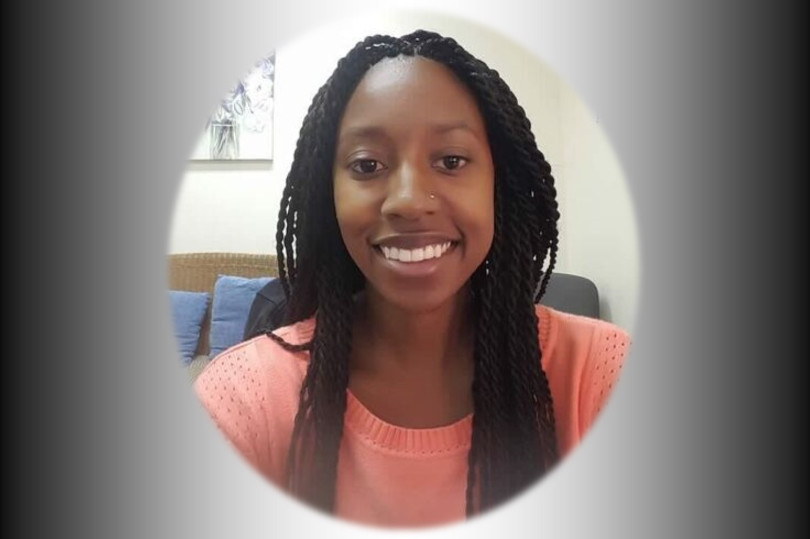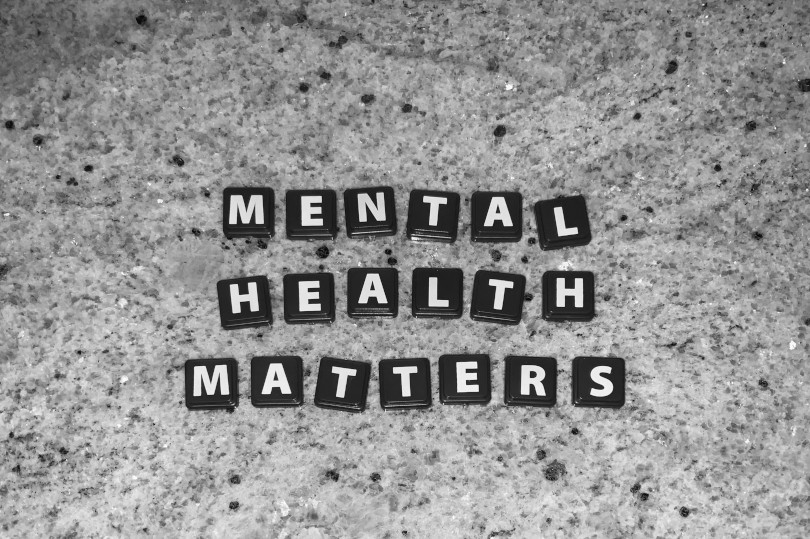September is recognized as National Suicide Prevention Month, which strives to bring more awareness and resources to those struggling with mental health. Individuals within the Black community are often most affected by mental illness, whether that be depression, anxiety, PTSD, or harmful thoughts. The prevalence mental illness can have on minorities because of social, environmental, and personal reasonings vary from person to person. To put that in perspective, I reached out to a local therapist by the name of Courtnee Wright. A licensed clinical social worker at Renewal Counseling Center in Baltimore Maryland, Wright spoke with me about how the black community can better understand the benefits of seeking help, and how those who don’t struggle with mental health can assist them.
I started our conversation by asking what led her to pursue a career as a therapist. “I think it started with my own personal trauma,†Wright said. “There was a want and a desire to connect to others, especially knowing how in some communities and cultures they don’t take therapy seriously.†She explained that when seeking help, you can’t focus on what others might think or say, and to not be afraid that seeking therapy will alter how those around you may view you.

No Shame
Wright says, “More often than not, people can trace their problems to some innate insecurity. For example, when you have a bully, their behavior is an extension of internal feelings. Often the root cause of our problems are internal–things we cannot express outwards.†Unlike physical illnesses that cause a noticeable change in a person, mental health illnesses often aren’t as apparent, especially if the person struggling with a mental illness wants to keep it hidden. This is brought on from an idea that makes some believe seeking help for their problems—primarily through therapy—makes them look weak, or as previously stated, viewed differently by their peers.
Speaking more on the problem of individuals refusing to seek help due to fear of judgement, Wright continued “a lot of times we worry about what others think of us, and because of that, are reluctant to reach out for help. You must do your own research and explore options that make you comfortable, not allowing other’s perception of you to deter you away from bettering yourself mentally.†Wright’s comment led me to ask her if the stigma to not seek therapy within the Black community has gotten worse or better. “Better by a half a step,†she said. “There’s still more to go regarding changing the narrative around therapy, and a big part of that is having a therapist who looks like you and can relate to you. Creating a more normalized experience for everyone seeking a safe space for help.â€
Getting Help
Establishing a genuine connection with a therapist, or even those who you trust within your community, can be crucial in navigating through difficult times in life and being more transparent with your own personal feelings. Wright said, “society has progressed in understanding the challenges those with mental illnesses face and helping them overcome their problems in a variety of ways. Everybody is different, which means we still must tackle these issues in a way that helps them in an efficient manner that best suits them.â€
There is no shame in seeking help, nor can we allow those who deal with mental health issues to feel belittled or weak for wanting help. Showing compassion and understanding towards those going through a mental health crisis is the key component in making them feel accepted and heard. Wright presented me with some options for those who need help. Crisis centers that can provide aid for those seeking mental health treatment include Harford Crisis Center, 988lifeline.org, and Substance Abuse and Mental Health Services Administration. Local hospitals are also available to help.
Article featured image/photo by Marcel Straub on Unsplash.


